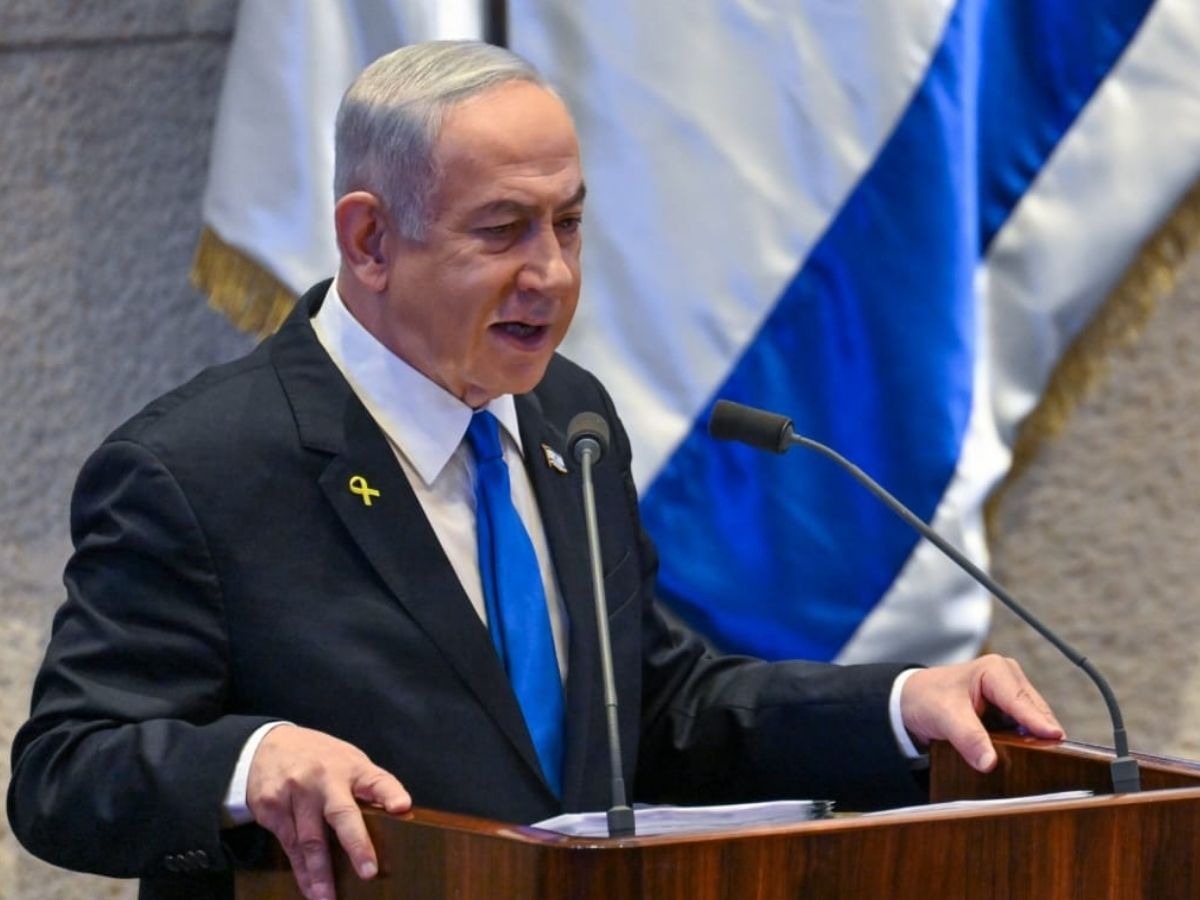Israel and South Sudan are in preliminary talks to potentially resettle Palestinians living in war-ravaged Gaza, news agency Reuters reported Friday, quoting three anonymous sources. The idea stems from Israel’s ambition to promote “voluntary migration” — a plan some view as encouraging civilians to leave before advancing military operations.
The sources told the news agency that discussions included meetings between Israeli officials and South Sudanese Foreign Minister Monday Semaya Kumba during his recent visit to Israel.
According to the report, no formal agreement has been reached yet.
South Sudan Dismisses Claims
Meanwhile, South Sudan’s Foreign Ministry has dismissed the claims, calling those “baseless” and not reflective of its policies.
Palestinian Leaders Condemn Proposal
On the Palestinian side, the reports have been drawing some strong reactions. Wasel Abu Youssef, a member of the Palestine Liberation Organisation’s executive committee, told Reuters that Palestinians “reject any plan or idea to displace any of our people to South Sudan or to any other place”, a stance that was subsequently backed by President Mahmoud Abbas’s office.
Many Palestinians compared the proposal to another “Nakba”, the mass displacement of Palestinian civilians in 1948, raising fears about permanent and involuntary exile.
Israel in Talks With Countries Willing to Accept Palestinians
Israeli Prime Minister Benjamin Netanyahu has, meanwhile, indicated that he is in talks with several countries willing to accept Palestinians who want to leave Gaza, though he has offered few specifics.
Deputy Foreign Minister Sharren Haskel, however, reportedly said that her discussions in South Sudan focussed on foreign policy and humanitarian issues, and not relocation.
Analysts say the idea of moving Palestinians from one conflict zone to another — more precisely, from Gaza to South Sudan that has already been struggling with famine and instability — raises legal and moral red flags. They argue that if Israel “facilitates an exodus”, it may hinder Palestinians’ right to return and pave the way for further territorial consolidation.
For South Sudan, accepting refugees in exchange for improved global ties could prove politically convenient, but local civil society voices remain wary, citing the nation’s fragile internal dynamics, according to Euro News.







